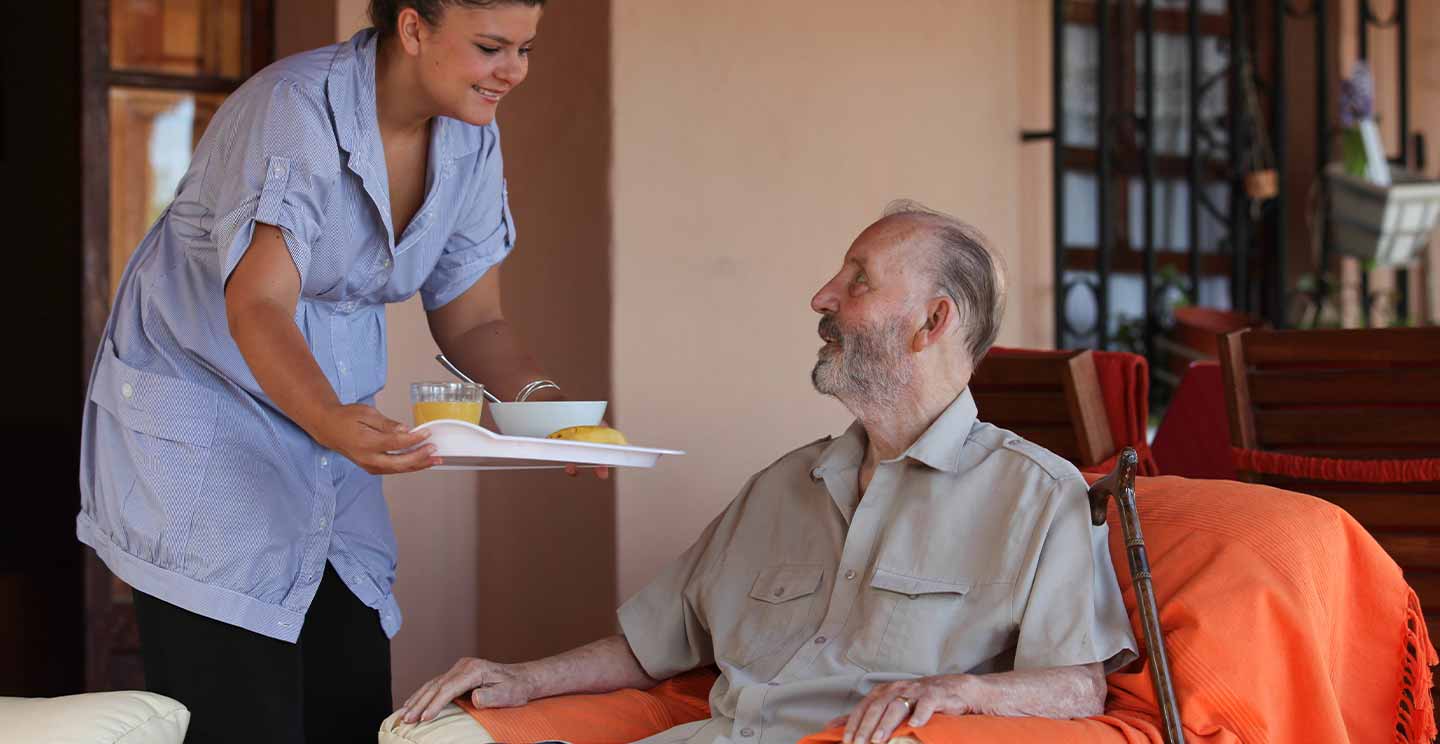Most of us want to get old in our own homes surrounded by the things we know and love. As we get older, we make small adjustments to our homes but confronting our old age is never easy. It is often not until we are admitted to hospital after a fall or illness that we are forced to concede that in order to stay at home we need some help. But is home the right place for us as we get older or should we go into a care home?
The most important things that keep us ageing well are being active and sociable. The increasing loneliness and isolation that many of us face in old age are going hand in hand with increased levels of dementia and Alzheimer’s. When deciding what to do it is important to keep this in mind but finding the right solution will depend on our personal circumstances, health, and character.

